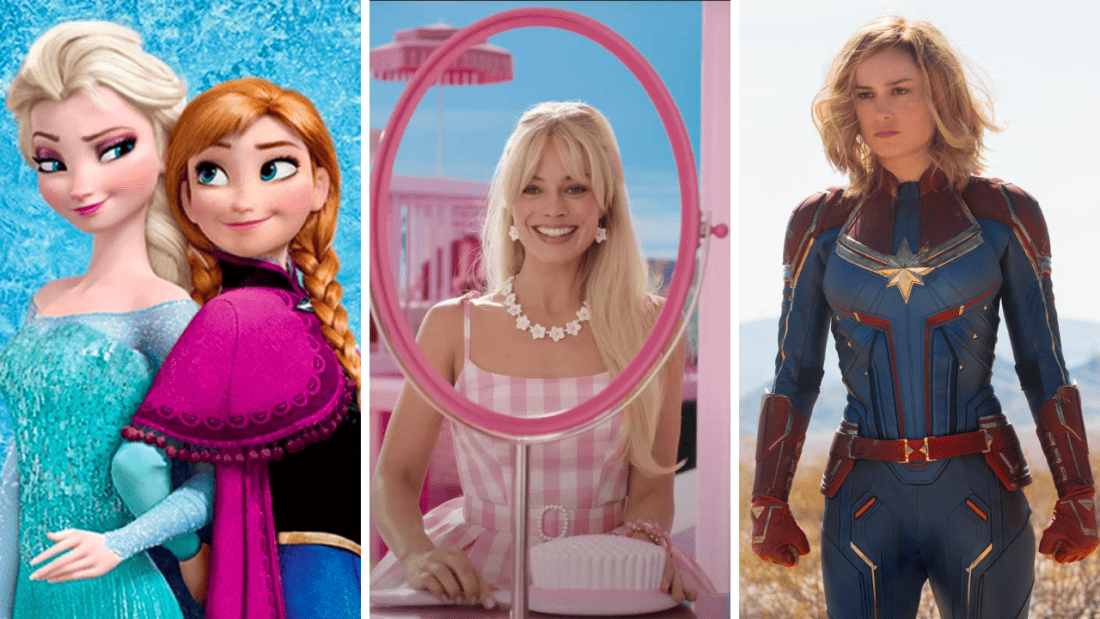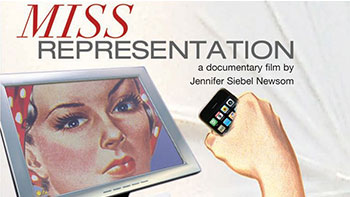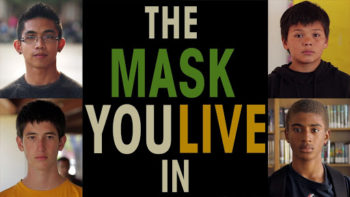In its third week in theaters, Barbie added another historic milestone to the already impressive list: the movie surpassed $1 billion at the global box office. Director Greta Gerwig is one of few directors to helm such a high-grossing film. Among the other 28 directors, Gerwig is the only woman. When it comes to the top-grossing films in the U.S. box office, she has slightly more company. What happens when we dig into some of those films further? And what do they show us about the representation of women of color in Hollywood?
The top-grossing women directed or co-directed films in the United States are:
- Barbie (2023), Director: Greta Gerwig, Domestic Gross: $533 million (as of August 15, 2023)
- Frozen II (2019), Directors: Jennifer Lee and Chris Buck, Domestic gross: $477.4 million
- Captain Marvel (2019), Directors: Anna Boden and Ryan Fleck, Domestic Gross: $426.8 million
- Wonder Woman (2017), Director: Patty Jenkins, Domestic gross: $412.8 million
- Frozen (2013), Directors: Jennifer Lee (and Chris Buck), $401 million
- The Matrix Reloaded (2003), Directors: The Wachowskis, Domestic Gross: $281.6 million
- Shrek (2001), Directors: Vicky Jenson (and Andrew Adamson), Domestic Gross: $268.2 million
- Brave (2012), Directors: Brenda Chapman (and Mark Andrews), Domestic gross: $237.3 million
- Alvin and the Chipmunks: The Squeakquel (2009), Director: Betty Thomas, Domestic gross: $219.6 million
- Twilight (2008), Director: Catherine Hardwicke, Domestic gross: $194 million
When it comes to intersectional representation, the same trends that exist here exist across the industry. In particular, whiteness is very prominent both behind-the-scenes and in front of the camera. Think about it: there are more films starring fantastical creatures here than there are women of color.
Only a small percentage of women and girls are represented by the protagonists and directors of these films. As we celebrate Barbie and recognize the power of women’s representation and creative work, we must also acknowledge how much of a rarity this moment is for women across the intersections. We hope that Barbie brings more films by women to the theaters, and we hope to see further diversity in that too. More opportunities should be available for all women to direct blockbuster hits.
Take Action! Support media by women creatives, especially those who have been historically-excluded from these spaces. Show studios that media created by all women can be successful at the box office.




